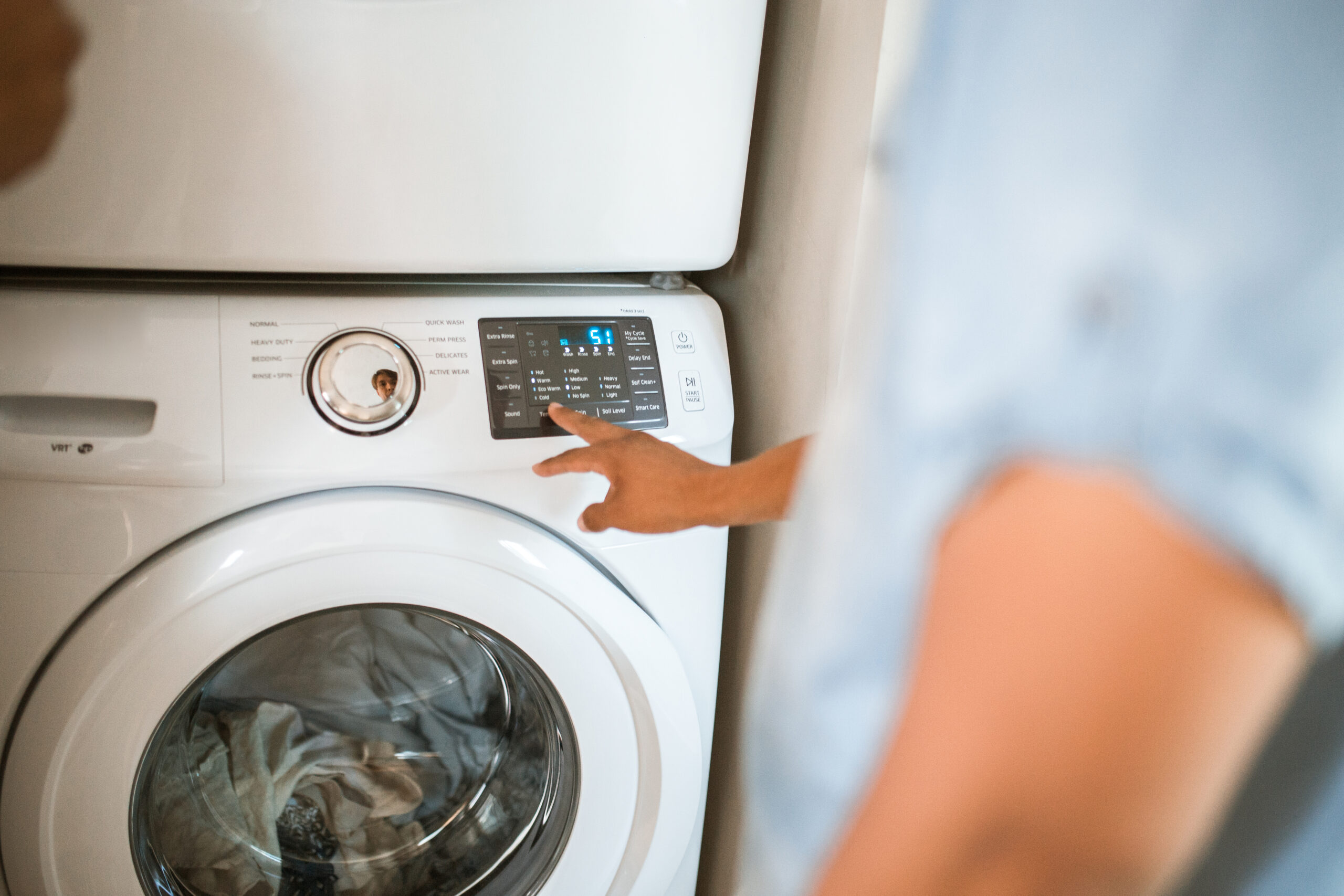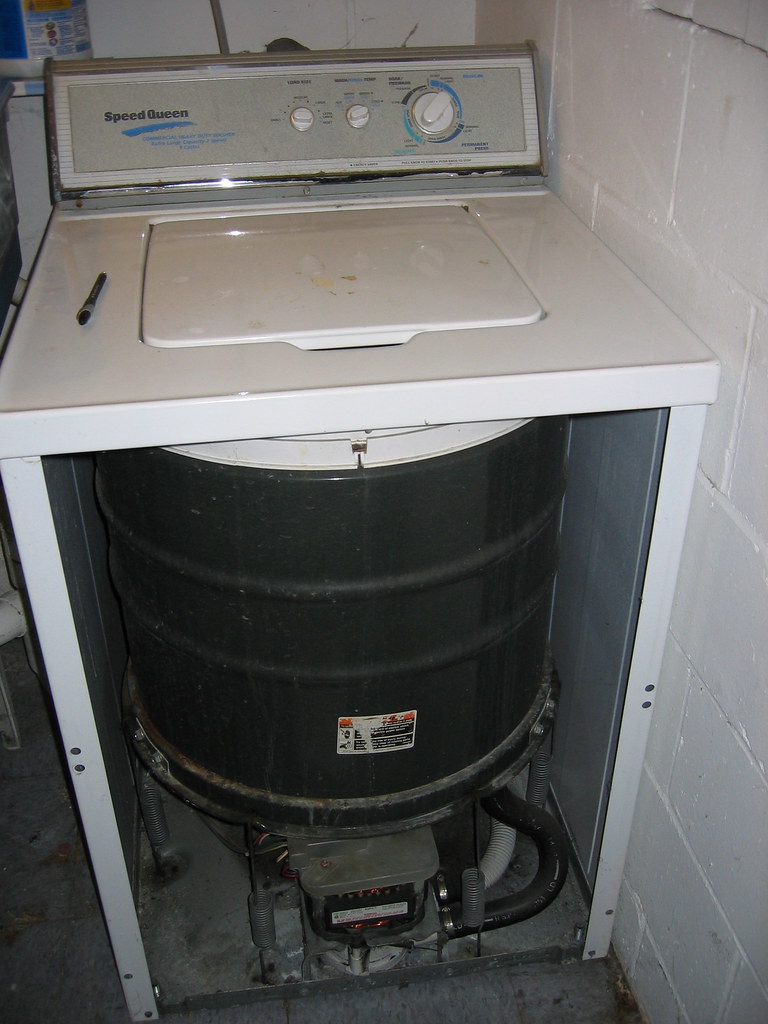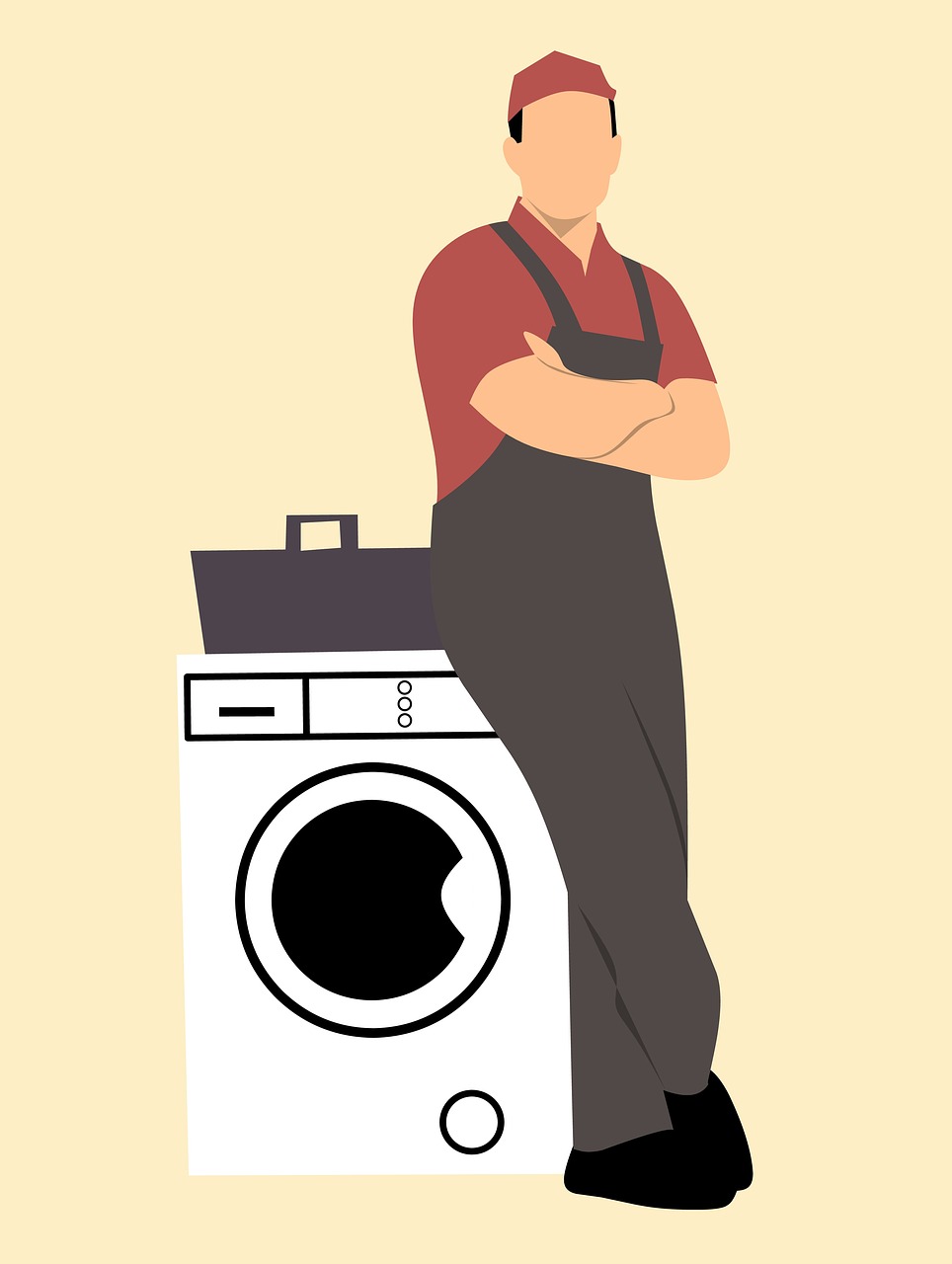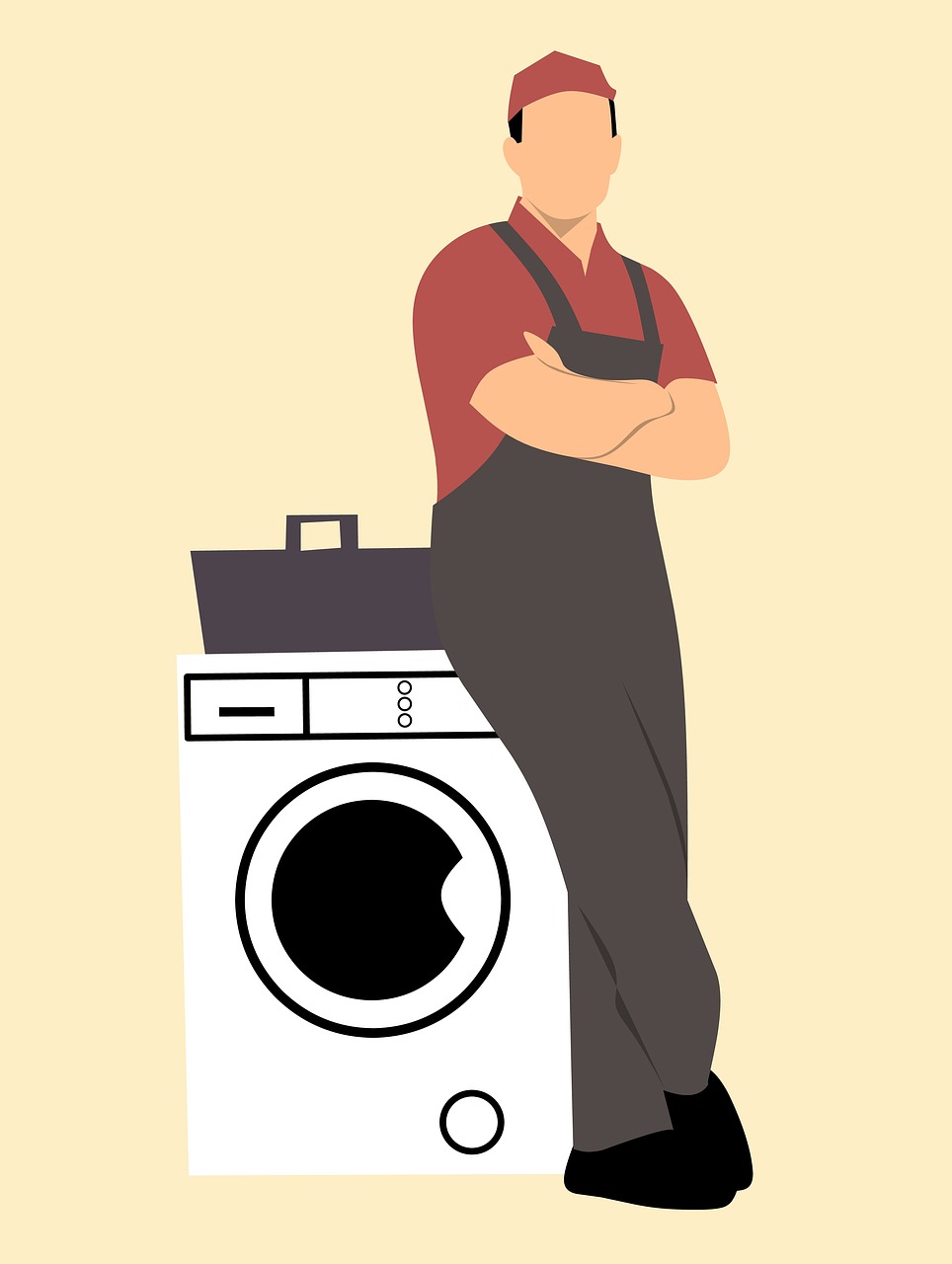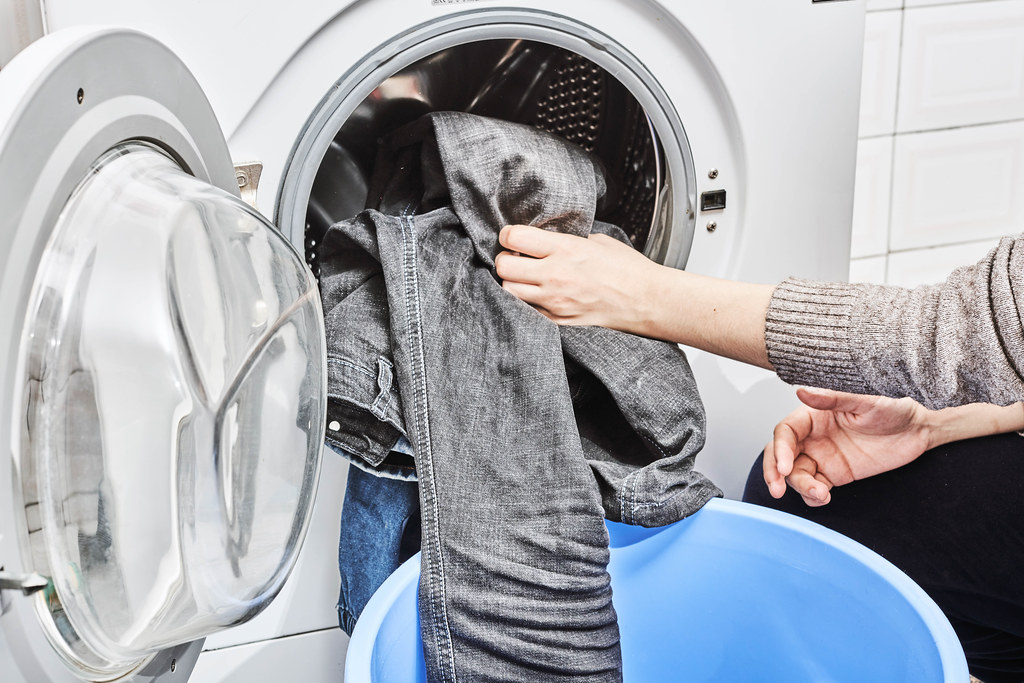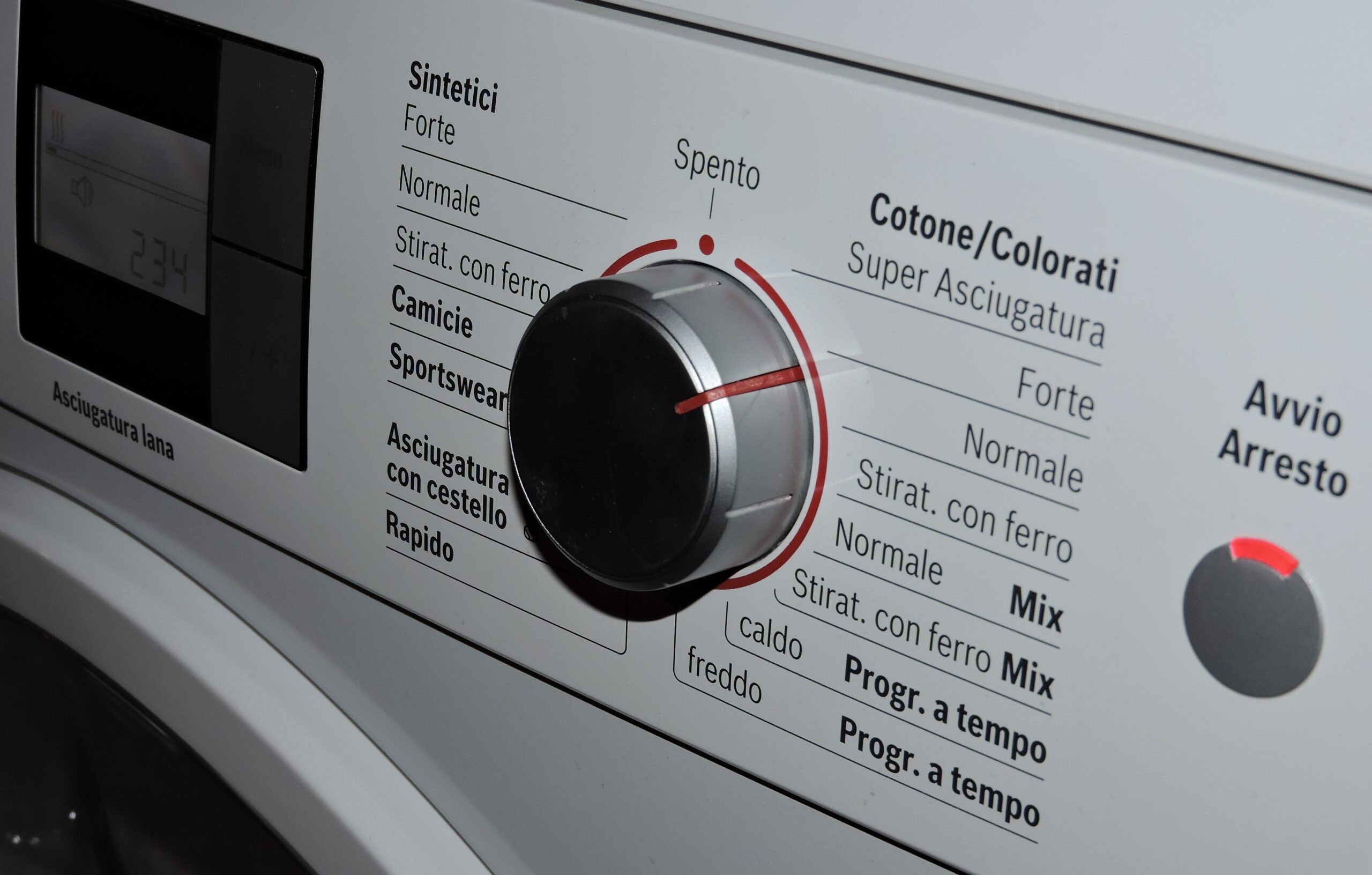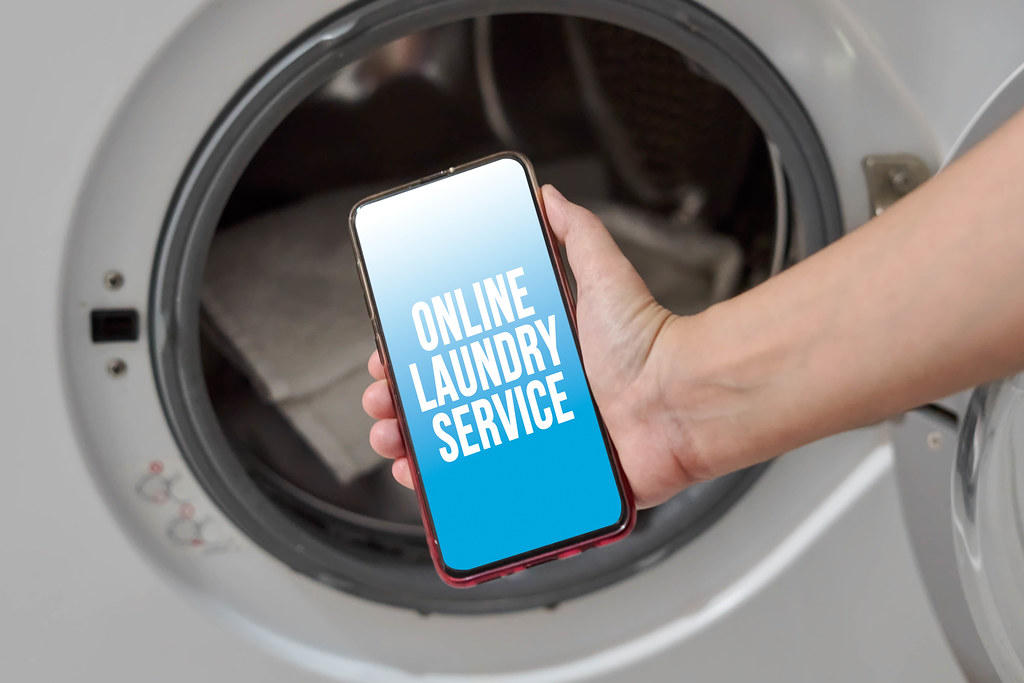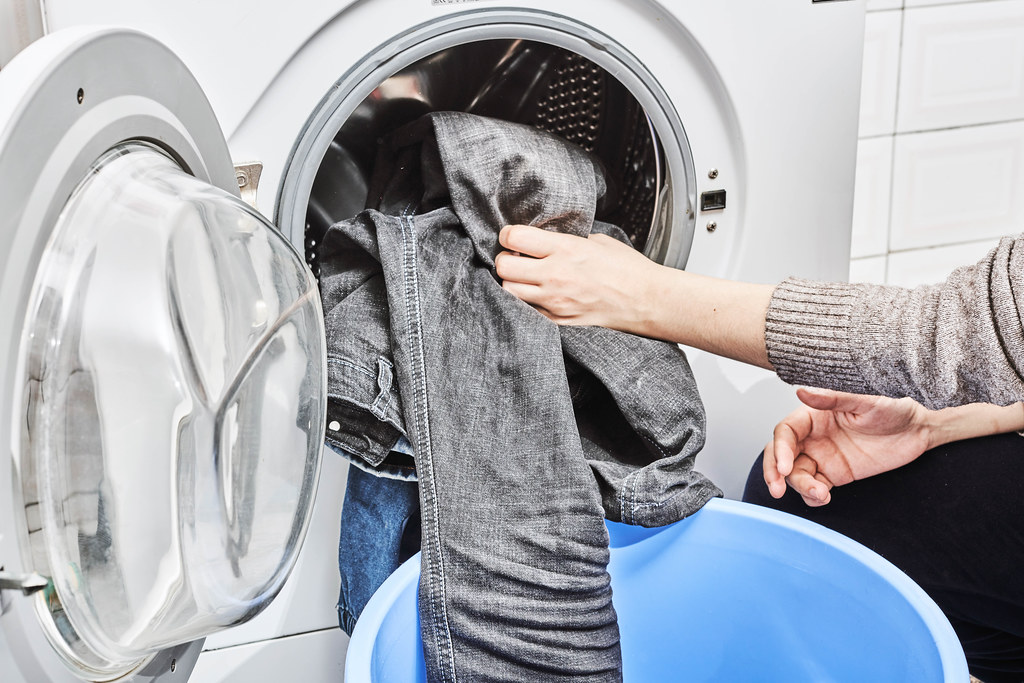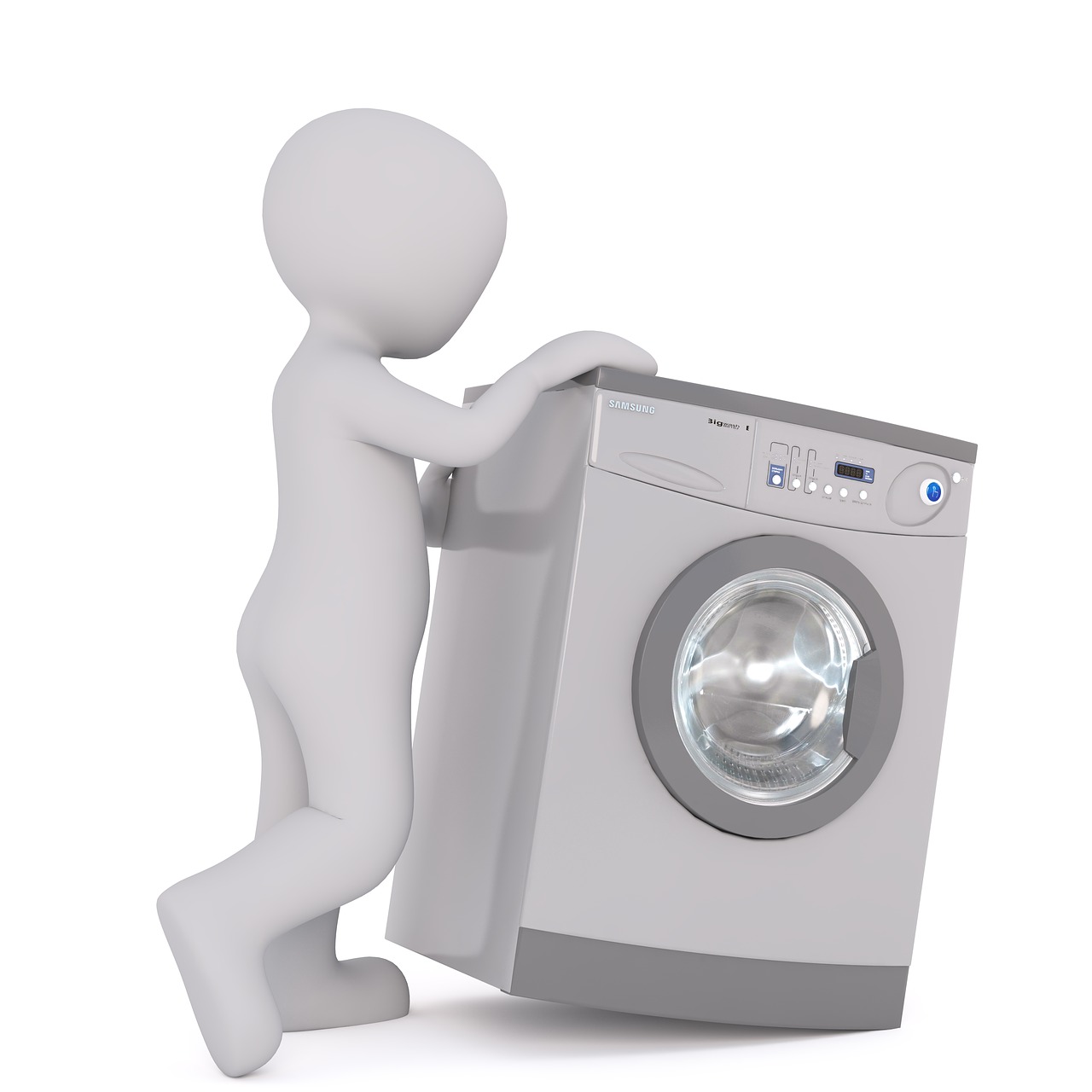Introduction
Overview of GE washing machines
GE washing machines are known for their durability and efficiency. They are designed to provide excellent cleaning performance while being gentle on clothes. With a wide range of models to choose from, GE washing machines offer various features such as different wash cycles, water levels, and spin speeds. Whether you have a small household or a large family, there is a GE washing machine that can meet your needs. In this article, we will provide an overview of GE washing machines, including their key features, common issues, and repair options.
Common issues with GE washing machines
GE washing machines are known for their reliability and performance. However, like any other appliance, they can experience common issues. One common issue is a leaking washing machine. This can be caused by a faulty water inlet valve or a worn-out door seal. Another common issue is a noisy washing machine, which can be caused by a worn-out belt or a malfunctioning motor. Additionally, GE washing machines may also experience problems with the spin cycle, such as the machine not spinning or spinning unevenly. These issues can often be resolved by troubleshooting or seeking professional repair services.
Importance of regular maintenance
Regular maintenance of your GE washing machine is crucial to ensure its optimal performance and longevity. By scheduling regular maintenance, you can prevent potential breakdowns and costly repairs in the future. Additionally, regular maintenance helps to keep your washing machine clean and hygienic, ensuring that your clothes are thoroughly cleaned with each wash. Neglecting regular maintenance can lead to issues such as clogged filters, malfunctioning components, and decreased efficiency. Therefore, it is important to prioritize regular maintenance for your GE washing machine to keep it running smoothly and efficiently.
Troubleshooting
No power or won’t start
If your GE washing machine is not powering on or won’t start, there are a few possible causes to consider. First, check if the machine is properly plugged into a working power outlet. Sometimes, a loose connection or a tripped circuit breaker can prevent the machine from receiving power. If the power source is not the issue, it could be a problem with the control panel or the door switch. In some cases, a malfunctioning motor or a faulty power cord can also be the culprit. It is recommended to consult a professional technician to diagnose and fix the problem to ensure the safe and proper functioning of your GE washing machine.
Not spinning or agitating
If your GE washing machine is not spinning or agitating, there could be several possible causes. One common issue is a faulty motor coupling, which connects the motor to the transmission. If this coupling is broken or worn out, it can prevent the machine from spinning or agitating. Another possible cause is a worn-out drive belt. Over time, the belt can become stretched or damaged, resulting in a loss of spinning or agitating functionality. Additionally, a malfunctioning lid switch or a problem with the motor itself could also be to blame. To diagnose and fix the issue, it is recommended to consult the user manual or seek professional help from a GE washing machine repair technician.
Leaking water
Leaking water is a common issue that many GE washing machine owners encounter. When water starts to leak from your washing machine, it can cause a lot of frustration and inconvenience. There are several possible reasons for this problem, such as a damaged or worn-out water inlet valve, a faulty water pump, or a loose or damaged hose. It is important to address the issue promptly to prevent further damage to your machine and potential water damage to your home. If you are not comfortable troubleshooting and repairing the problem yourself, it is recommended to seek the assistance of a professional technician who specializes in GE washing machine repair.
DIY Repairs

Replacing a broken belt
When it comes to replacing a broken belt in your GE washing machine, it is important to follow the proper steps to ensure a successful repair. Start by disconnecting the power and water supply to the machine. Then, remove the access panel to gain access to the belt and pulley system. Carefully release the tension on the belt and remove it from the pulleys. Next, install the new belt by threading it through the pulleys and applying tension. Finally, reattach the access panel, reconnect the power and water supply, and test the machine to ensure it is working properly. By following these steps, you can easily replace a broken belt in your GE washing machine and keep it running smoothly.
Cleaning the drain pump filter
Cleaning the drain pump filter is an important step in maintaining the efficiency and performance of your GE washing machine. Over time, debris such as lint, coins, and small objects can accumulate in the drain pump filter, causing clogs and drainage issues. To clean the drain pump filter, start by locating it at the bottom front of the washing machine. Use a flathead screwdriver to gently pry open the filter cover. Once open, remove any visible debris and rinse the filter under running water. Make sure to thoroughly clean the filter and remove any stubborn dirt or buildup. Once cleaned, securely reattach the filter cover and ensure it is properly sealed. Regularly cleaning the drain pump filter will help prevent blockages and maintain the optimal performance of your GE washing machine.
Fixing a clogged detergent dispenser
A clogged detergent dispenser is a common issue that can occur with GE washing machines. When the dispenser becomes clogged, it can prevent the detergent from properly dispensing during the wash cycle. To fix this issue, start by removing the dispenser drawer and thoroughly cleaning it. Use warm water and a mild detergent to remove any built-up residue or debris. You can also use a toothbrush or small brush to scrub away any stubborn residue. Once the dispenser drawer is clean, reinsert it into the washing machine and test to see if the detergent is dispensing properly. If the issue persists, it may be necessary to replace the detergent dispenser altogether.
Calling a Professional

When to call a professional
Knowing when to call a professional for GE washing machine repair is essential to ensure the longevity and efficiency of your appliance. While some minor issues can be resolved with basic troubleshooting, there are certain situations where it is best to seek the expertise of a trained technician. If you notice any unusual noises, leaks, or if your washing machine is not spinning or draining properly, it is recommended to call a professional. Attempting to fix these issues without proper knowledge and tools can potentially cause further damage. By contacting a professional, you can have peace of mind knowing that your GE washing machine will be repaired correctly and efficiently.
Choosing a reliable repair service
When it comes to choosing a reliable repair service for your GE washing machine, there are a few key factors to consider. First and foremost, you want to ensure that the service provider has experience and expertise in repairing GE washing machines specifically. This will ensure that they are familiar with the common issues that can arise and know the best solutions for fixing them. Additionally, it is important to look for a repair service that offers a warranty on their work.
This will give you peace of mind knowing that if any issues arise after the repair, you can count on them to fix it without any additional cost. Lastly, reading reviews and testimonials from previous customers can also give you insight into the quality and reliability of the repair service. By taking these factors into consideration, you can choose a reliable repair service that will get your GE washing machine back up and running in no time.
Cost considerations
When it comes to cost considerations for GE washing machine repair, there are a few factors to keep in mind. First and foremost, the cost of the repair will depend on the specific issue with the machine. Minor repairs such as replacing a faulty part or fixing a small leak may be relatively inexpensive. However, more complex issues like motor or control board problems can be more costly to repair. Additionally, the age and condition of the washing machine can also impact the cost.
Older machines may require more extensive repairs or replacement parts, which can drive up the overall cost. It’s also worth considering whether the repair is covered under warranty or if you have a service plan that can help offset some of the expenses. Overall, it’s important to assess the specific problem, weigh the cost of repair against the value of the machine, and consider any available options for financial assistance.
Preventive Maintenance

Cleaning the drum and gasket
Cleaning the drum and gasket is an essential part of maintaining your GE washing machine. Over time, dirt, grime, and detergent residue can build up in these areas, leading to unpleasant odors and a decrease in performance. To clean the drum, start by removing any clothes and wiping down the interior with a damp cloth. For the gasket, use a mild detergent and a soft brush to scrub away any mold or mildew. Be sure to check the manufacturer’s instructions for specific cleaning recommendations. Regularly cleaning the drum and gasket will help prolong the life of your washing machine and ensure that your clothes come out fresh and clean every time.
Checking and tightening connections
When it comes to checking and tightening connections on your GE washing machine, it is important to ensure that all the electrical and water connections are secure. Start by unplugging the machine and turning off the water supply. Inspect the power cord and make sure it is not frayed or damaged. Check the water inlet hoses for any leaks or cracks and tighten them if necessary. Additionally, examine the drain hose for any blockages or kinks. Finally, carefully inspect the control panel and ensure that all the buttons and switches are in proper working order. By regularly checking and tightening these connections, you can prevent potential issues and keep your GE washing machine running smoothly.
Using the right detergent and amount
When it comes to using the right detergent and amount for your GE washing machine, it is important to follow the manufacturer’s instructions. Using the wrong detergent or too much detergent can lead to issues such as excessive sudsing or residue buildup. It is recommended to use high-efficiency (HE) detergent specifically designed for use in front-loading or top-loading HE washers. Additionally, make sure to measure the detergent according to the recommended amount for your specific model. Using the right detergent and amount will help ensure optimal performance and longevity of your GE washing machine.
Conclusion
Summary of key points
The GE washing machine repair article provides a comprehensive overview of key points to keep in mind when dealing with common issues that may arise with your GE washing machine. It covers topics such as troubleshooting techniques, maintenance tips, and when to seek professional help. By following the guidelines outlined in this article, you can save time and money by resolving minor issues on your own and ensuring the longevity of your GE washing machine.
Importance of regular maintenance
Regular maintenance of your GE washing machine is crucial for its optimal performance and longevity. By scheduling regular maintenance, you can prevent potential issues before they become major problems. Regular maintenance includes cleaning the drum, checking and tightening connections, and inspecting the hoses and filters. This not only ensures that your washing machine operates efficiently but also helps to extend its lifespan. Additionally, regular maintenance can help you save money by avoiding costly repairs or the need for a replacement. So, make sure to prioritize regular maintenance for your GE washing machine to keep it running smoothly and effectively for years to come.
Final thoughts
Final thoughts: When it comes to GE washing machine repair, it is important to consider several factors. First, make sure to identify the specific issue with your machine before attempting any repairs. This will help you determine whether you can fix it yourself or if you need to call a professional. Additionally, always refer to the manufacturer’s instructions and guidelines for troubleshooting and repair. It is also recommended to use genuine GE replacement parts to ensure the best performance and longevity of your washing machine. Lastly, regular maintenance and cleaning can help prevent major issues and extend the lifespan of your appliance. By following these tips, you can effectively address any problems with your GE washing machine and keep it running smoothly for years to come.
Getting high quality professional help in repairing Washing Machines nowadays is quite difficult, I have decided to standardize the procedures in order to provide the client with the highest quality of work that would exceed the expectations if not just match it.
Click Here to get in touch with us
If you have any questions: Email us
Thank you for voting for us as the Best Washing Machine Repair company in UAE
If you are looking for Tools to use, These are our recommendations

I am an Engineer who is very interested in building a platform that ensures highest standards of quality to be maintained in all forms of maintenanc services and the unification of them in a seemless way.
